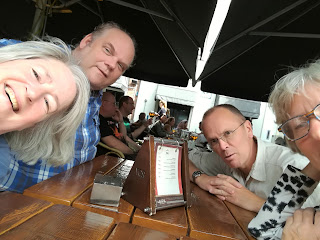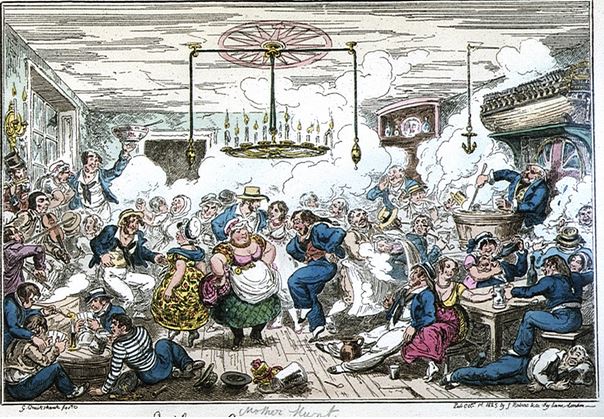Hair today: N M Browne

I have a confession. Sometimes I change my mind. Not about big things: I still think Brexit a terrible idea, I still think marrying my husband was a great one, but on smaller issues I like to try things out. I like to try a new idea for fit, challenge it then move on. My hair is a case in point. I have a lot of ideas about it - most of them terrible. At one time or another I have tried out most cuts, hairstyles and colours: waist length to super short crop, curly perms, root perms and ringlets, bobs, shags, page boys, the Purdy, the Farah Fawcett flick, the Jennifer Aniston layered thing, even (whisper it) a mullet. (Thankfully, most photographic evidence has been lost.) I've been several shades of blonde, red, brown, grey and latterly lilac. I've never been tempted by cosmetic surgery but hair grows back, most mistakes can be fixed. So, finally, I come to my point: my approach to hair is very much my approach to editing. You can mess up a lot in writing, but yo...







